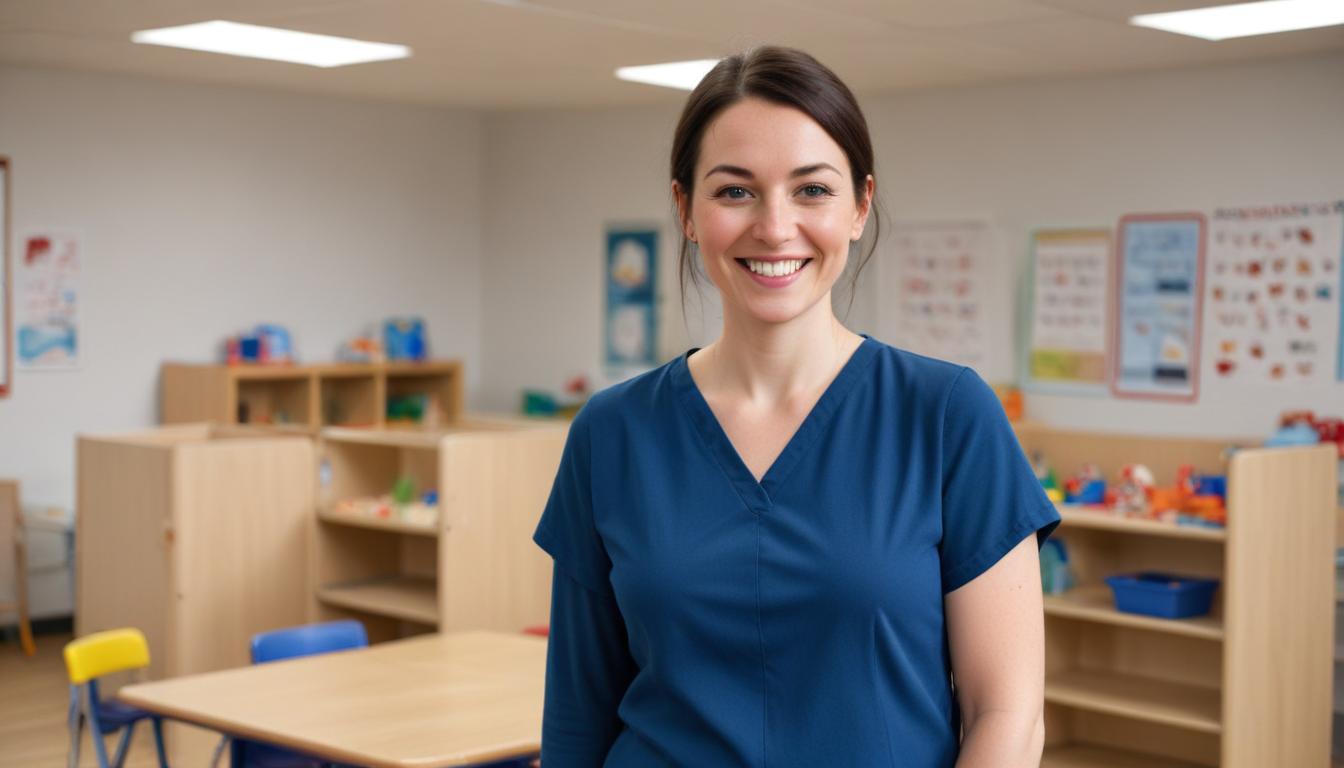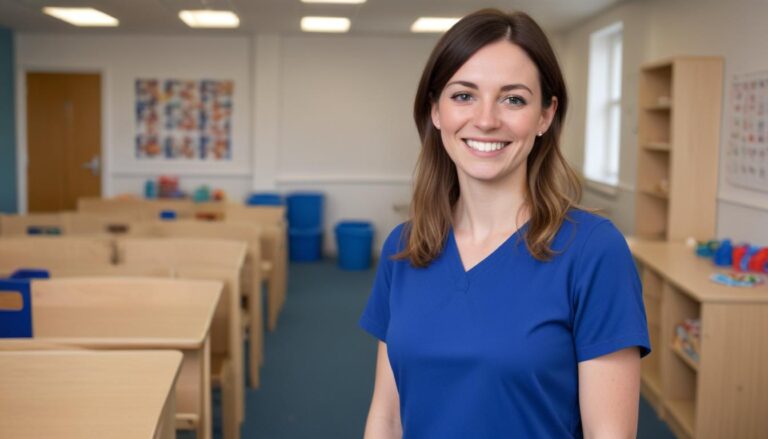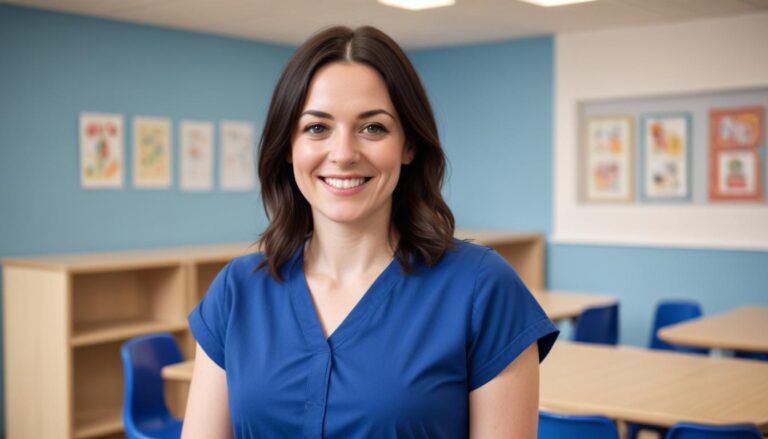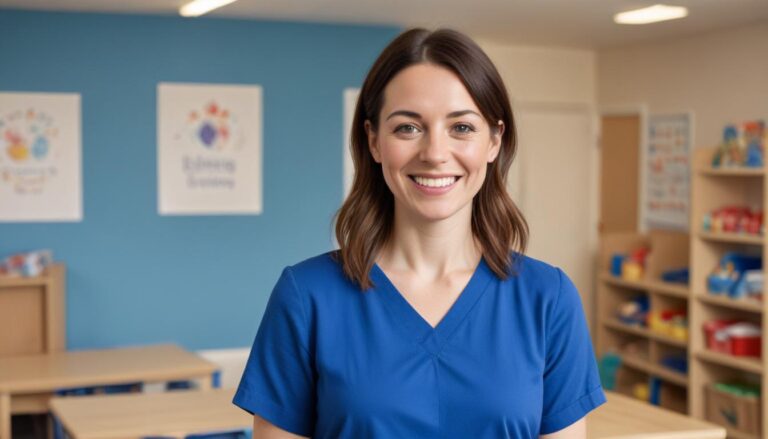
This guide will help you answer 3.3. Outline what is meant by ‘Care Programme Approach’ (CPA).
The Care Programme Approach, or CPA, is a framework used in the UK to provide structured care for individuals with mental health needs. This approach primarily focuses on those with complex mental health issues who require multiple services. Initially introduced in 1991 by the Department of Health, CPA has become a cornerstone of mental health care, ensuring patients receive coordinated support tailored to their needs. For children and young people, CPA ensures a comprehensive plan addressing various aspects of their life.
Key Features of CPA
The CPA is built around several key features to ensure effective mental health care:
- Comprehensive Assessment: An in-depth evaluation of the young person’s mental health needs. This assessment considers not only their mental health but also their social, physical, cultural, and educational needs.
- Care Planning: Developing a tailored plan to meet the assessed needs. This plan often includes details about the support required, goals to achieve, and the services involved in the care.
- Coordination: Appointing a care coordinator to oversee the child’s care plan. This professional acts as a primary point of contact, ensuring all services work together effectively and are aware of any changes in the child’s circumstances.
- Regular Reviews: Holding regular meetings to review and update the care plan. These reviews involve the young person, their family, and all involved services, ensuring the plan remains relevant and effective.
Roles in the CPA Process
Various professionals are involved in the CPA process, each with distinct roles:
- Care Coordinator: Usually a mental health professional like a nurse, social worker, or psychologist. They manage the care plan, keeping the child and family informed and ensuring all services communicate effectively.
- Multidisciplinary Team (MDT): A group of professionals from different services working collectively. This team includes those from education, social services, healthcare, and any other relevant fields.
- The Child and Family: Central to the CPA, the child and their family must have input in the care plan. Their views and preferences are vital to setting realistic and meaningful goals.
Protecting the Child’s Rights
The CPA framework places emphasis on protecting the rights of children and young people. It ensures their voice is heard, and their rights are respected in the following ways:
- Inclusion: Actively involving the child or young person in discussions about their care. Encouraging them to express their preferences and participate in decision-making.
- Advocacy: Providing access to advocates who can support the child or young person if they find it difficult to express themselves or understand the process.
- Legal Safeguards: Ensuring all care respects existing legal standards and rights, such as the Children Act 1989 and the Mental Health Act 1983.
Benefits of CPA for Children and Young People
CPA offers several benefits for young people experiencing mental health challenges:
- Holistic Care: Addresses various aspects of a child’s life, leading to comprehensive support that considers education, family, and social factors.
- Enhanced Coordination: Prevents gaps in service provision and redundancy. Offers a streamlined approach, reducing stress for the child and their family.
- Empowerment and Involvement: Engages the young people in their care, helping them take ownership of their recovery journey.
Addressing Challenges in CPA Implementation
While the CPA framework provides extensive benefits, it also faces several challenges:
- Resource Limitations: Overworked staff within limited resources can impact the quality of care that young people receive.
- Communication Gaps: In some cases, communication between services may lag, leading to inconsistencies in care provision.
- Stigma: Mental health stigma may hinder involvement or engagement of the young person or their family in the care process.
Supporting Young People Through Transitions
CPA also plays an essential role during transition phases:
- Transition to Adult Services: As young people age, CPA supports their movement from child to adult mental health services. This process is often complex, requiring careful planning and coordination.
- Life Changes: Whether moving to a new school, changes at home, or other significant life events, CPA ensures consistent support and a plan adapted to new circumstances.
Involving Education and Community
Schools and community services are integral to the success of CPA for children and young people. These settings play a fundamental role in monitoring mental health, promoting well-being, and supporting the care plan.
- Schools: Teachers and school counsellors often have ongoing contact with young people, providing valuable insights for the CPA approach.
- Community Services: Access to local clubs, youth services, and other community facilities can support the child’s care plan, offering additional resources and support networks.
Feedback and Continuous Improvement
Regular feedback from young people and families is vital in enhancing CPA:
- Feedback Mechanisms: Establishing channels for children and families to provide feedback about their experience with CPA.
- Continuous Improvement: Using feedback to refine processes and improve the quality and effectiveness of the care provided.
Conclusion: The Cornerstone of Mental Health Support
The Care Programme Approach is a vital framework within children’s mental health services in the UK. By focusing on personalised, coordinated care and actively involving young people and their families, CPA supports the delivery of effective, tailored mental health services. It highlights the importance of holistic support, ongoing communication, and regular updates to ensure each child receives the care they need for their unique situation.
Subscribe to Newsletter
Get the latest news and updates from Care Learning and be first to know about our free courses when they launch.






